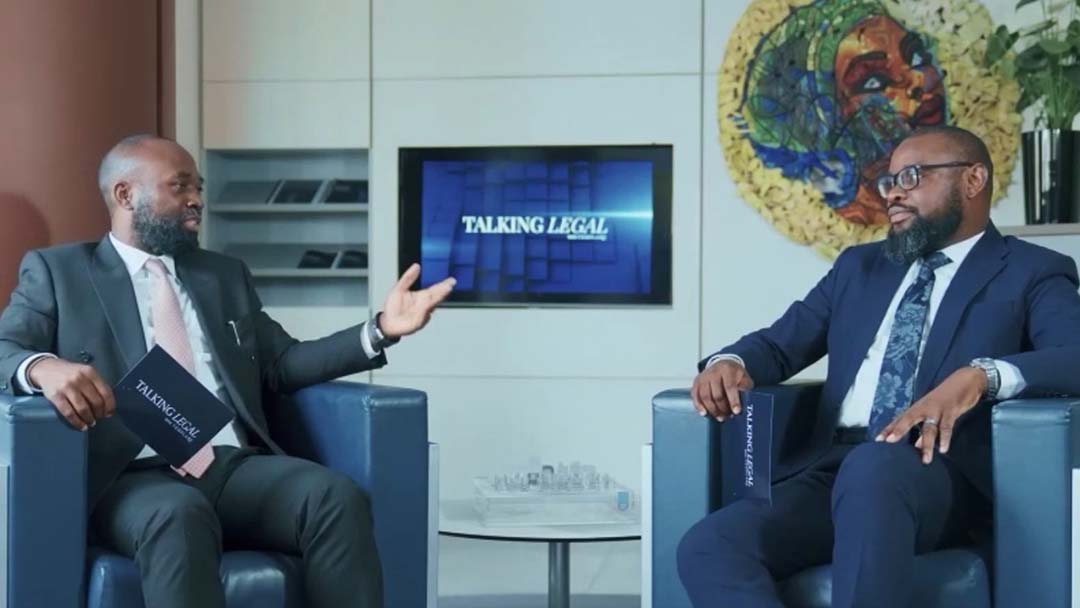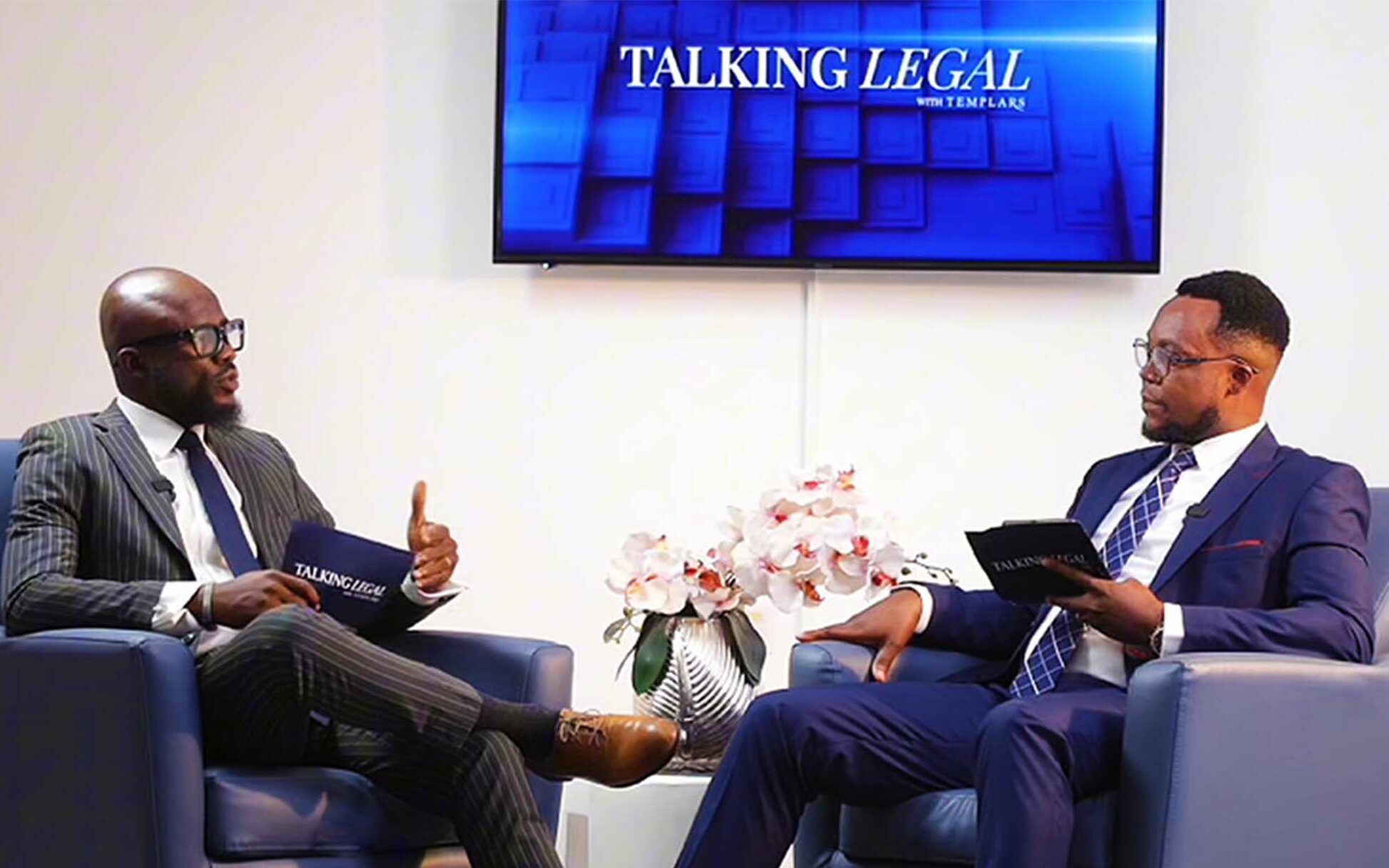In this episode of Talking Legal with TEMPLARS, Disputes experts, Olufemi Oyewole and Orji A. Uka, MCIArb, unpack the doctrine of sovereign immunity and how it is deployed by states in resisting the enforcement of arbitral awards.
They discuss the evolution of sovereign immunity from its traditional absolute form to the more pragmatic restrictive approach, explain how and when states may raise the defence, and reflect on Nigeria’s position in line with global trends. The conversation also highlights real-world enforcement challenges and the legal and diplomatic implications that arise when sovereign assets are at stake.
Key Discussion Points:
[00:57 – 02:21] Overview of the Recognition and Enforcement Process
Legal mechanics for recognising and enforcing foreign arbitral awards under Nigerian law, drawing from the Arbitration and Mediation Act 2023 and the New York Convention.
[02:22 – 03:02] What is Sovereign Immunity?
Introduction to sovereign immunity as a legal doctrine that protects states from being sued or having their assets seized without consent.
[03:03 – 04:14] Absolute v. Restrictive Sovereign Immunity
Comparing the traditional doctrine of absolute immunity with the more modern, commercial-focused restrictive approach that Nigeria follows.
[04:15 – 05:07] Sources of Sovereign Immunity
Tracing the roots of sovereign immunity to customary international law and Nigerian jurisprudence.
[05:08 – 06:02] When Can States Raise the Defence?
Analysis of procedural stages at which a state may invoke sovereign immunity, at the jurisdictional stage or during enforcement.
[06:03 – 07:09] Consent to Jurisdiction v. Consent to Execution
An important distinction between a state’s consent to arbitrate and its consent to enforcement or asset seizure.
[07:10 – 09:43] Nigeria’s Approach to Sovereign Immunity
Nigeria’s courts generally adopt the restrictive doctrine, balancing sovereign dignity with commercial accountability.
[09:44 – 10:34] Presidential Jet Seizures?
Real-world example of enforcing arbitral awards, the controversial move to seize a country’s presidential jet and the legal tensions it raised.
[10:35 – End] Final Thoughts
The importance of pre-enforcement due diligence, asset tracing, and understanding a state’s legal framework before initiating enforcement, awareness of sovereign immunity limitations, and strategic planning in cross-border arbitration enforcement efforts.
Further Reading: French Court Authorizes Chinese Firm to Seize Three Nigerian Presidential Aircraft – Unpacking the Who, Where, and Why.




